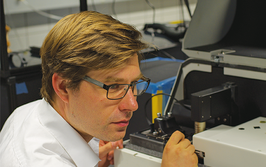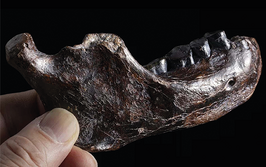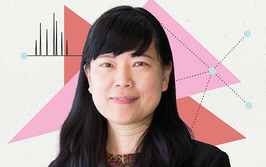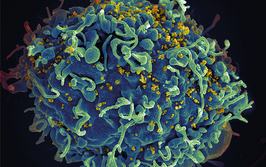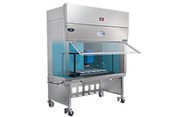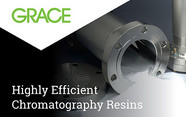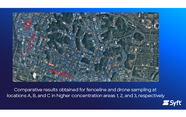A Template for Citizen Science?
At the end of 2012, uBiome launched the world’s first crowdsourced research on the human microbiome. Is it a good idea and, if so, for whom?
San Francisco-based biotech startup uBiome sent out a mysterious missive on 27 November, 2012, announcing the launch of a (revolutionary?) crowdsourced research effort: mapping the human microbiome with “citizen science”. It certainly caused some differences of opinion within the offices of The Analytical Scientist.
At the time of writing, some three months after the press release and start of the campaign, the crowdsourced pot of gold currently stands at $283,586 with six days to go. Given the initial target of $100,000, something has gone very right.
San Francisco-based biotech startup uBiome sent out a mysterious missive on 27 November, 2012, announcing the launch of a (revolutionary?) crowdsourced research effort: mapping the human microbiome with “citizen science”. It certainly caused some differences of opinion within the offices of The Analytical Scientist.
At the time of writing, some three months after the press release and start of the campaign, the crowdsourced pot of gold currently stands at $283,586 with six days to go. Given the initial target of $100,000, something has gone very right. By engaging the public in an exciting way (read: consumer marketing) about the unseen bacteria we share our lives with – and by involving them in the research (if only as guinea pigs) –significant finance has been raised at a time where funding is less than easy to come by.
Opinions on uBiome in our office vary from admiration for them pulling together funding from novel sources for a promising new project to distaste at the duping of a gullible public into funding an essentially useless stamp-collecting exercise.
You can find out what the company themselves say about their project to “offer metagenomic sequencing to the public” at ubiome.com. But we’d like your views.
What do you think is the benefit of generating the world's largest microbiome dataset?
What do you see as the ethical implications of accepting donations in exchange for a DNA sequencing service of our hugely diverse microflora?
Can the work be of any direct benefit to those who take part?
And does opening up funding of science project to the wider community constitute citizen science? If not, how would you define the term?
Please comment below with all of your thoughts, big or small, so that we might understand the buzz behind uBiome.

Rich Whitworth completed his studies in medical biochemistry at the University of Leicester, UK, in 1998. To cut a long story short, he escaped to Tokyo to spend five years working for the largest English language publisher in Japan. "Carving out a career in the megalopolis that is Tokyo changed my outlook forever. When seeing life through such a kaleidoscopic lens, it's hard not to get truly caught up in the moment." On returning to the UK, after a few false starts with grey, corporate publishers, Rich was snapped up by Texere Publishing, where he spearheaded the editorial development of The Analytical Scientist. "I feel honored to be part of the close-knit team that forged The Analytical Scientist – we've created a very fresh and forward-thinking publication." Rich is now also Content Director of Texere Publishing, the company behind The Analytical Scientist.
